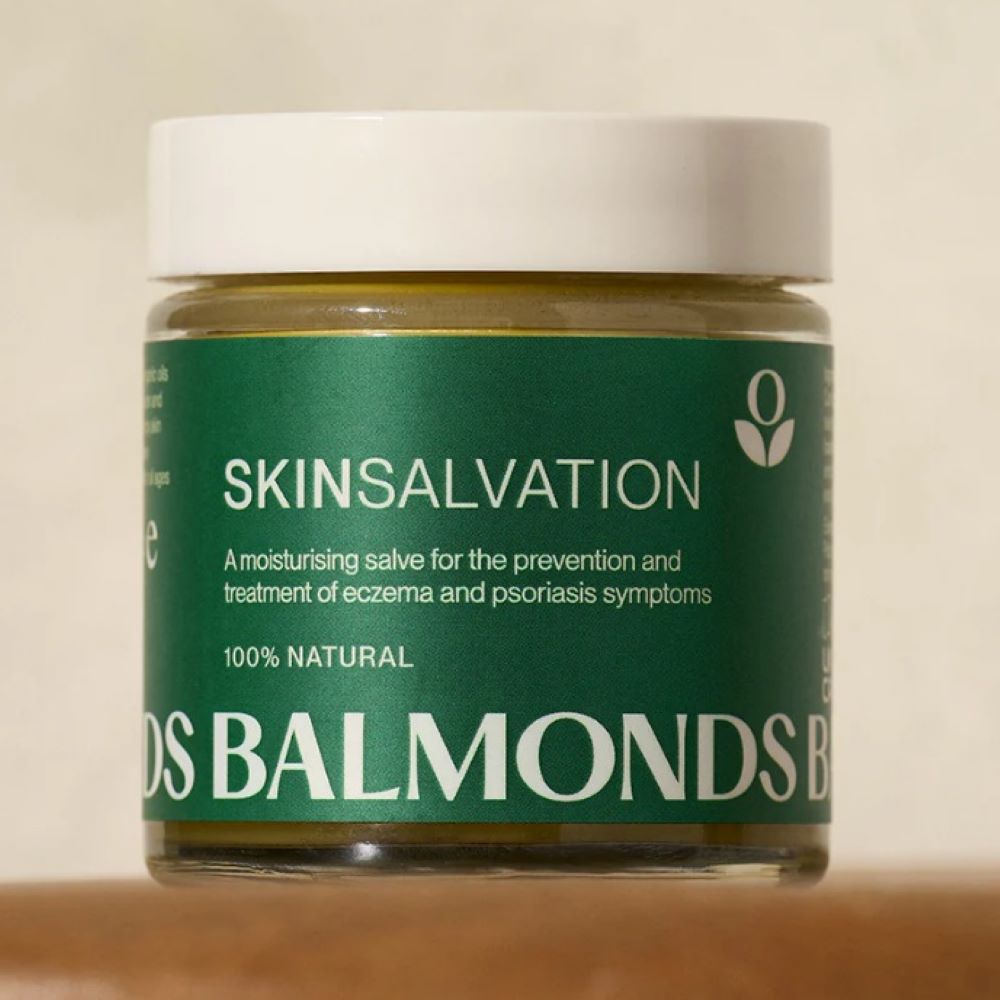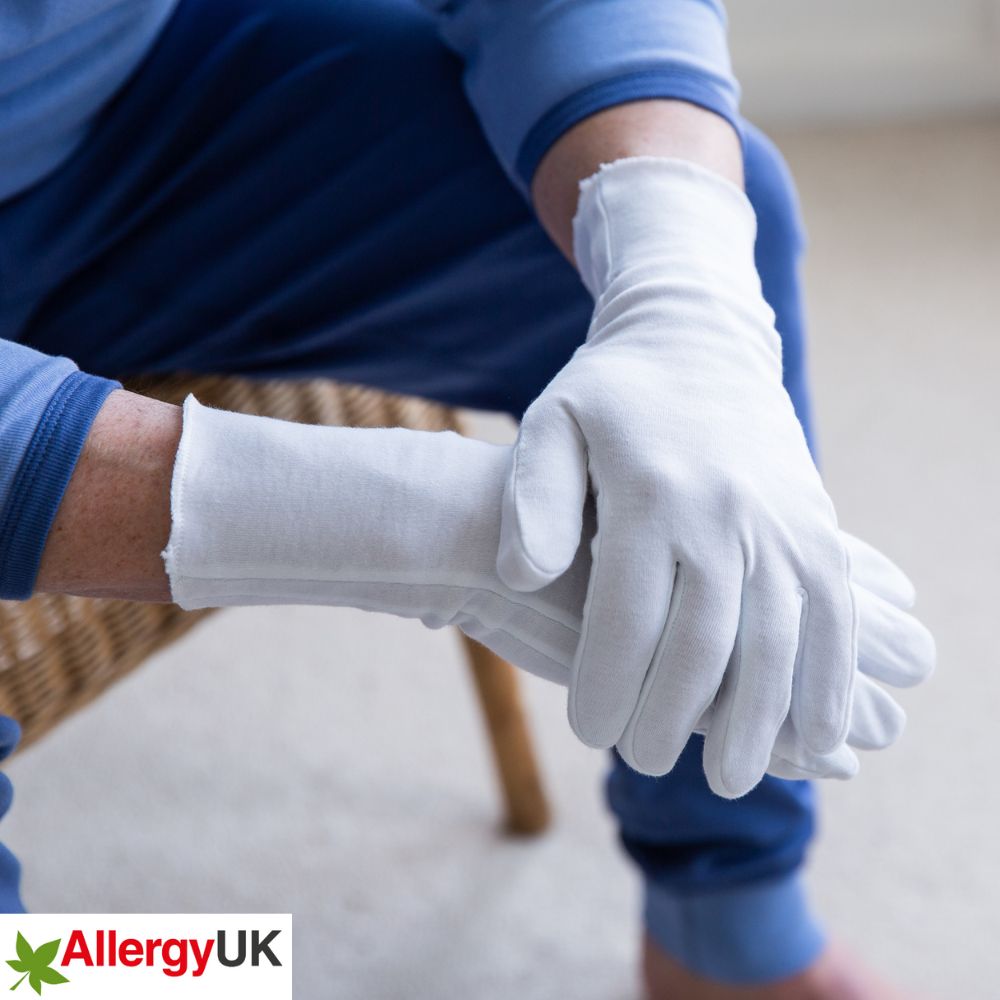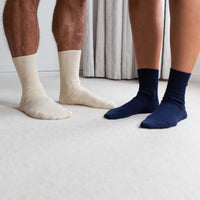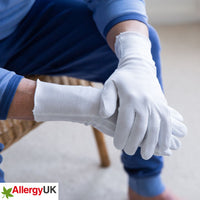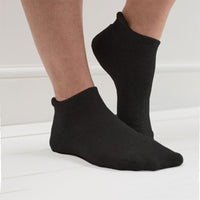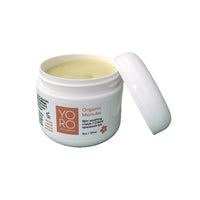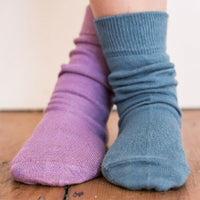
How to Stop Itching Eczema at Night: Break the Itch Scratch Cycle.
How to Stop Itching Eczema at Night: Break the Itch Scratch Cycle.
Sleep is as vital to our health as eating, drinking, and breathing. It allows the body to repair itself, boosts the immune system, and supports mental well-being. However, for those with eczema, psoriasis, atopic dermatitis, and other skin conditions, achieving a restful night can often feel impossible. The relentless itch-scratch cycle, also known as pruritus, frequently leads to broken sleep, leaving both adults and children feeling exhausted and irritable.
In this blog, we'll explore why sleep is so important, the challenges eczema and other skin condition sufferers face at night, and provide practical tips to improve your sleep quality, reduce itching, and manage flare-ups.
Why Do Skin Conditions Cause Poor Sleep?
People with eczema, psoriasis, and atopic dermatitis often experience poor sleep due to several factors:
-
Increased Itching at Night
Body temperature naturally drops in the evening, leading to drier skin, which can exacerbate itching and pruritus.
-
Skin Sensitivity
Friction from fabrics, sweating, and heat can trigger flare-ups and discomfort.
-
Stress and Anxiety
Stress is a common trigger for eczema, psoriasis, and atopic dermatitis, and the frustration of sleepless nights can worsen symptoms.
-
Frequent Waking
Scratching during lighter sleep stages can lead to waking multiple times during the night, interrupting restorative sleep.
How to Stop Scratching Eczema in Sleep
-
Create a Soothing Sleep Environment
Choose Breathable Fabrics: Use 100% organic cotton nightwear and bedding, which are soft, breathable, and hypoallergenic. Avoid synthetic fabrics that trap heat and moisture.
-
Establish a Relaxing Bedtime Routine
-
Manage Itching and Break the Itch - Scratch Cycle
-
Follow Good Sleep Hygiene Practices
-
Reduce Stress and Anxiety
Stress is a known trigger for eczema, psoriasis, and atopic dermatitis, so managing it can improve both skin health and sleep quality:
- Yoga Nidra – A guided meditation practice that induces deep relaxation and is ideal for reducing stress and improving sleep.
- Body Scan Meditation – Focuses on mentally scanning the body for areas of tension and releasing them.
- Breathing Techniques – Practices like 4-7-8 breathing or box breathing complement PMR for deeper relaxation.
- These methods are widely accessible via apps like Calm, Headspace, and Insight Timer for guided sessions.
- Laugh Before Bed: Studies show watching something funny can increase melatonin production, aiding sleep.
- Mindset Shift: Reframe your thoughts and practice self-compassion. Remind yourself that some rest is better than none.
How to Deal with Eczema in Children
Children dealing with eczema, psoriasis, atopic dermatitis, and other chronic skin conditions, such as contact dermatitis and urticaria, frequently face greater challenges with sleep disturbances. Here are some practical and tailored tips to help improve their rest and comfort:
- Stick to a Consistent Bedtime Routine: Establish a predictable routine that includes a warm bath, applying moisturiser or medicated creams, reading a bedtime story, and lights out at the same time each night. This structure can signal the body that it's time to wind down and prepare for sleep.
- Cool Pyjamas and Bedding: Choose soft, breathable, and organic fabrics like organic cotton or bamboo to keep the skin cool and reduce irritation. Hypoallergenic bedding and eczema-friendly nightwear can prevent overheating and sweating, which often trigger itching. Shop eczema-friendly bedding for kids here.
- Avoid Co-Sleeping: Encourage independent sleeping to help children learn to self-soothe without relying on parental presence. This independence can also reduce nighttime disturbances caused by movement and scratching.
- Morning Sunlight Exposure: Exposure to natural light in the morning helps regulate the body’s circadian rhythm, promoting better sleep patterns. Encourage outdoor activities early in the day to reinforce this rhythm.
- Minimise Allergens: Wash bedding and sleepwear at 60°C weekly to kill dust mites and remove allergens that can trigger flare-ups. Use fragrance-free detergents and avoid fabric softeners that may irritate sensitive skin.
Find out if Your Laundry Habits could be making your skin worse?
What Fabric is Best for Eczema?
Choosing the right fabrics can make a significant difference for sensitive skin prone to eczema, psoriasis, and atopic dermatitis:
- Breathability: 100% organic cotton allows excellent airflow, preventing heat and sweat buildup that can trigger itching and irritation. Its moisture-wicking properties also help keep skin cool and dry, reducing discomfort overnight.
- Chemical-Free Comfort: Organic cotton is grown and processed without harmful pesticides, fertilisers, or toxic dyes, making it a safer and gentler option for sensitive skin. This is particularly beneficial for people prone to allergic reactions, pruritus, and flare-ups.
- Durability and Softness: Organic cotton features long, natural fibers that create a softer and smoother texture, minimising friction against delicate or inflamed skin. Its durability ensures that it remains soft even after multiple washes, providing long-lasting comfort.
Find out more about why what you wear effects your eczema
Final Thoughts
Skin conditions like eczema, psoriasis, and atopic dermatitis can make sleep challenging, but the right preparation and habits can make a world of difference. Focus on creating a calm, cool, and comfortable sleep environment, adopting a soothing bedtime routine, and prioritising hydration and moisturisation.
Remember, you’re not alone in your struggle. Small changes can lead to big improvements, so try a few tips and see what works for you.
Related Blogs You Might Also Find Helpful:
For more eczema-friendly tips, support, advice and the occasional offer why not join our Private Facebook Group Eczema Clothing Community
Disclaimer: This blog provides general advice and tips. Always consult a healthcare professional for personalised medical guidance.

